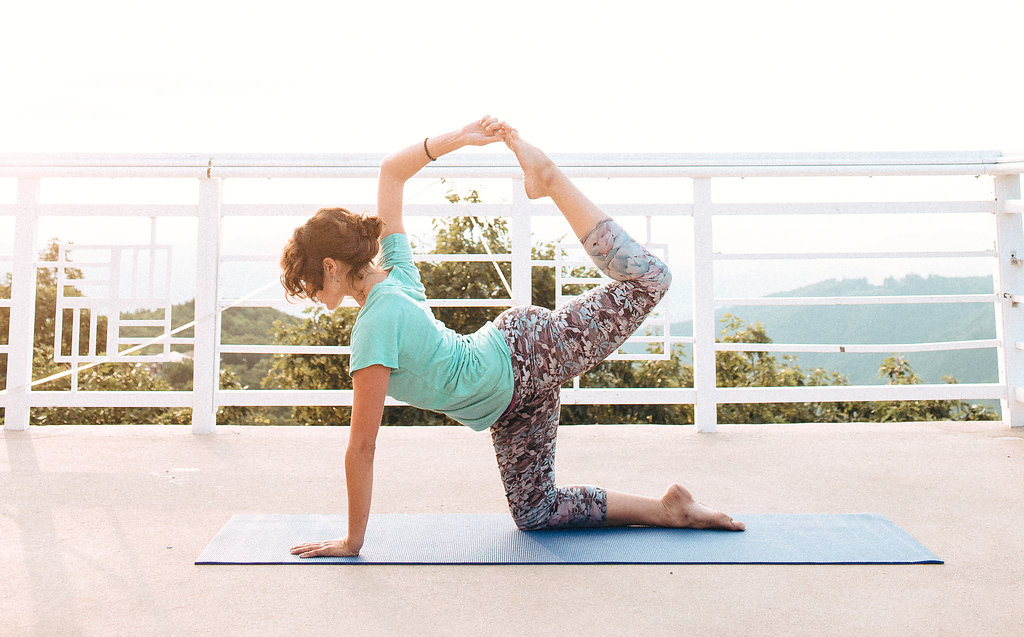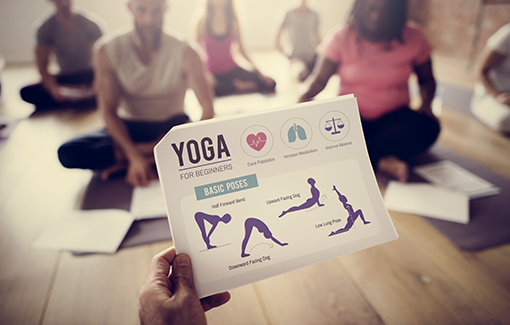The Sri Sri Yoga Asanas section includes an acute understanding of the asanas, proper methodology of practicing the asanas, and guidance on instruction. The emphasis will be on observing and understanding the impact of each asana on the physical body, energy center, and mind.
Asana modifications to improve flexibility, muscle strength and how to increase or decrease the asana intensity in order to cater to individual student needs will also be covered. In addition to learning ways to improve flexibility and strength, participants will also learn how to improve balance, symmetry, and alignment.
Participants will learn the scriptural secrets for the proper practice of asanas. Participants will learn the methodology of creating short sequences of asana focused on a particular part of the body. Proper use of props to accommodate those with physical limitations will also be covered.



